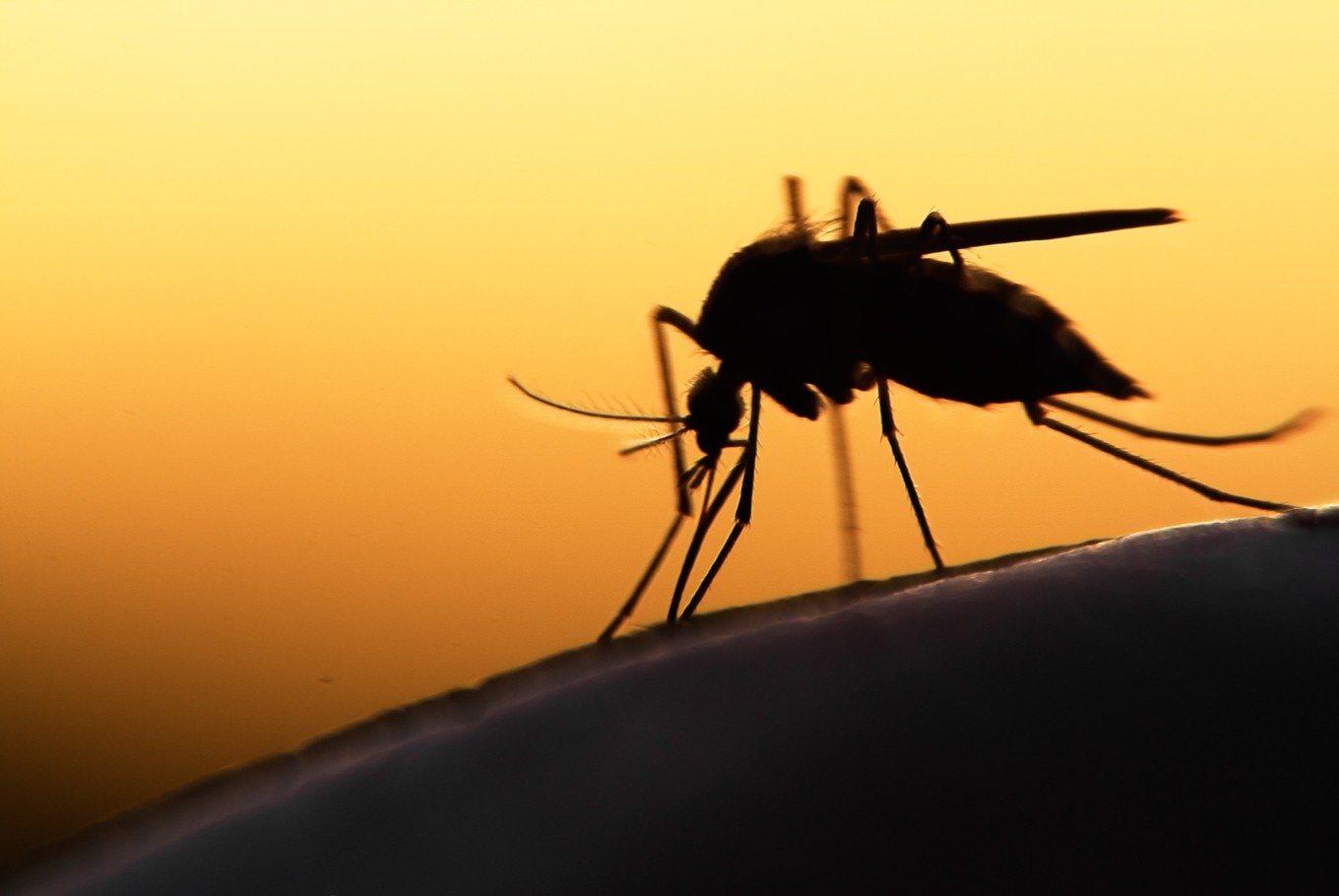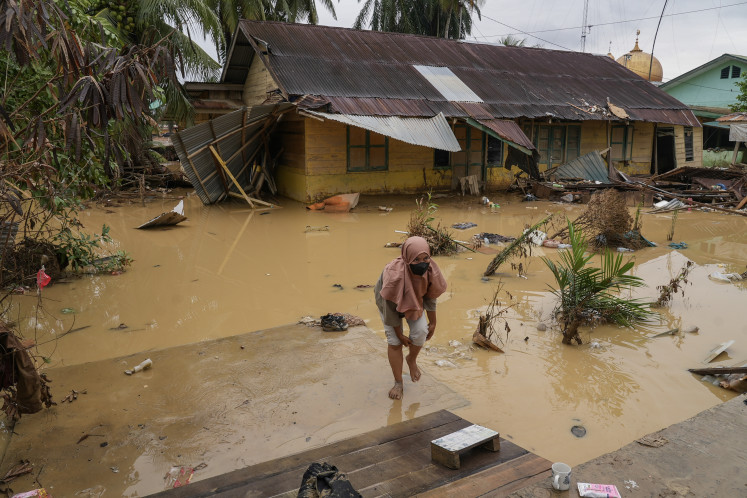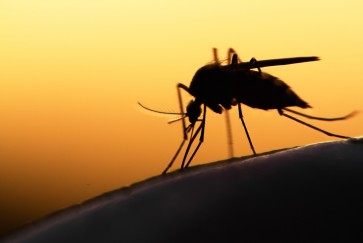Popular Reads
Top Results
Can't find what you're looking for?
View all search resultsPopular Reads
Top Results
Can't find what you're looking for?
View all search resultsInnovation, collaboration key to achieving zero malaria by 2030
The COVID-19 pandemic may have initially disrupted the country's malaria elimination drive, but it has also created new opportunities for strategizing and innovating to achieve its 2030 zero-malaria goal.
Change text size
Gift Premium Articles
to Anyone
W
ith less than 10 years left to avert a malaria catastrophe, an ambitious global attempt is underway to achieve the 2030 malaria elimination target.
While it is true that malaria is on the decline globally, more than 2 billion people in the Asia-Pacific remain at risk and malaria cases are rising in some areas of the region.
Indonesia, Afghanistan, India, Pakistan and Papua New Guinea contribute 90 percent of all malaria cases in the region. As the COVID-19 pandemic continues to pose challenges to case detection and management of malaria, might eliminating the disease by 2030 be less realistic today?
Some good news is that Indonesia has made significant progress in its effort to address this vector-borne disease, especially in high-burden regions. According to Health Ministry data, the country has almost halved its malaria burden between 2010 and 2020 and now, 347 out of 514 of regencies and municipalities are malaria free.
“With trained staff, such as Puskesmas [community health center] workers, the government has managed to identify pockets of high-burden districts and villages, to tailor technical assistance and to improve people’s access to malaria prevention and treatment through intensified community engagement,” the Health Ministry’s malaria subdirector, Guntur Argana, told The Jakarta Post on April 25.
Malaria cases in provinces outside Papua had declined, Guntur explained, while Maluku and East Nusa Tenggara were no longer considered “high-burden areas” because only a few districts and villages there were still considered “malaria pockets”.
Although public access to antimalarial medicines and diagnostic tools has improved, regulatory challenges have sometimes complicated efforts to distribute them to vulnerable populations.



















